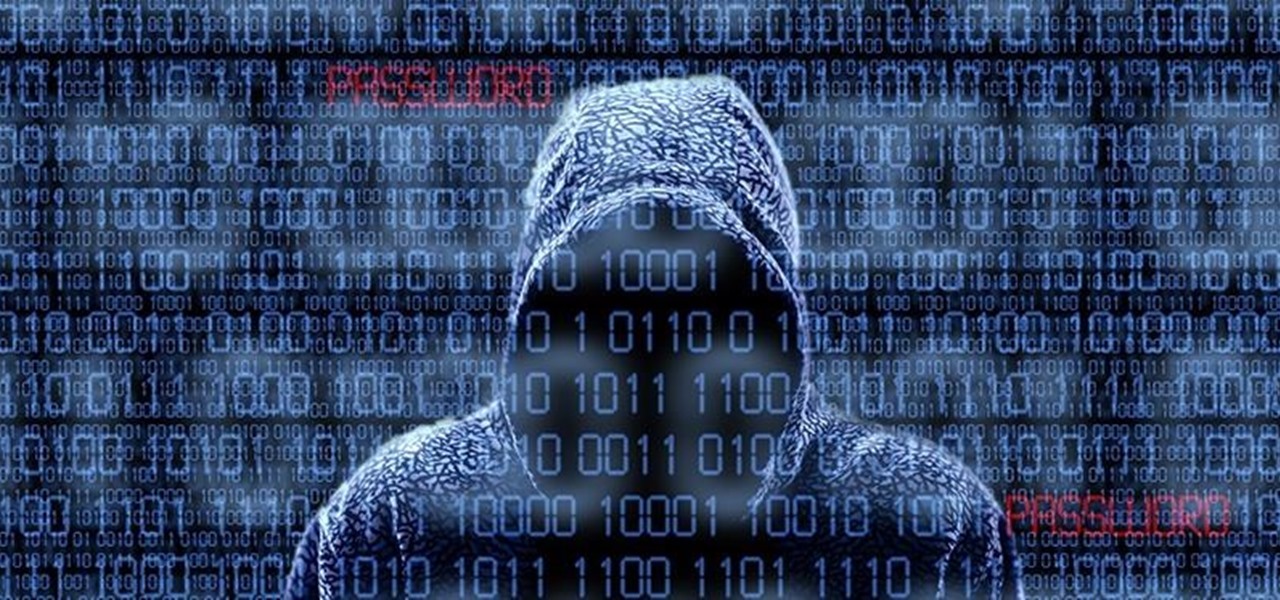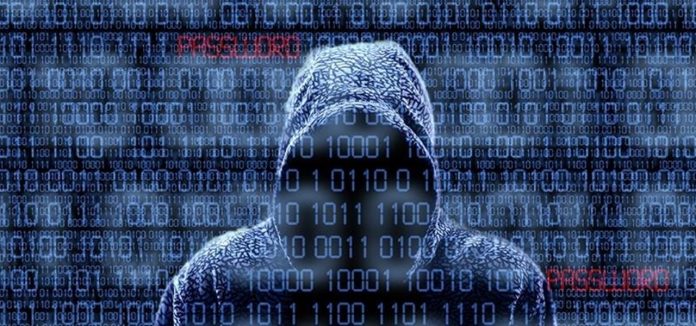By Calico Rudasill, Sssh.com Porn For Women and Couples
Once upon a time, the word “hacker” meant something very different than it does today.
By its usage, the term had a much narrower definition, one which implied a significantly higher degree of computing skills than possessed by the average person, coupled with a penchant for cyber mischief to some degree.

These days, however, it seems the entire planet has adopted my mother’s understanding of the word: Any person who uses a computer for something more than checking their email or updating their Facebook status, as in “I’m sure my son-in-law can fix the problem with your modem; he’s one of those computer hackers.”
Read on…
As the details concerning the guy behind 2014’s “The Fappening” illustrate, though, sometimes the person being called a hacker is just a dickhead who can follow a recipe.
All The Skill Of A Stickup Man, All The Ethics Of An Enron Exec
 As it turns out, Ryan Collins, the 36 year-old asshole who compromised the iCloud and/or Gmail accounts of dozens of people, including celebrities like Jennifer Lawrence, Jenny McCarthy, Ariana Grande and Kate Upton, isn’t believed to the same person who distributed their images. He evidently left that part of the crime to some other prick(s).
As it turns out, Ryan Collins, the 36 year-old asshole who compromised the iCloud and/or Gmail accounts of dozens of people, including celebrities like Jennifer Lawrence, Jenny McCarthy, Ariana Grande and Kate Upton, isn’t believed to the same person who distributed their images. He evidently left that part of the crime to some other prick(s).
He’s also not someone to whom the word hacker should apply, at least not by my admittedly old-school criteria. All this sleazeball did was execute a common phishing technique, something which doesn’t require any particular skill, a scam which relies entirely on the gullibility of its target.
Here’s how it worked: Collins got his hands on the email addresses of his targets, then sent them emails which looked like they came from Apple or Google, in which he asked them to provide their login credentials. Once armed with this information, Collins just logged in to his victims’ accounts, then downloaded the contents of their cloud-based drives.
That’s not “hacking,” folks; it’s just emailed-aided larceny.
The only skills this act required were fundamental dishonesty, the ability to watch a “how-to” video on YouTube explaining how phishing works (yes, those exist) and the wherewithal to download graphics, logos and email templates to aid in crafting a convincing looking email support message from Apple or Google.
The difference between a hacker who, say, writes scripts for cracking encryption and a guy like Collins is a bit like the difference between the developers who created a popular video game and a 45 year-old slob who plays that game for hours at a time while wearing the same pajamas he’s had on since the late 90s; the former has actual talent and useful skills, the latter is just rapidly disappearing beneath a thick layer of Dorito dust.
Pro Tip: Legit Company Reps Don’t Ask For Your Password – EVER
In reality, representatives from companies like these never ask users for login credentials, not for any legitimate purpose, anyway. Ironically, in fact, like a lot of companies, Apple and Google have emailed users notices to this effect many times over the years, trying to educate their users on how important their own habits and protocols are to their cyber security.
For as much as we hear about security vulnerabilities in major software and devices, there’s not a lot Apple or Google can do to effectively secure your account if you’re in the habit of coughing up your login information to anybody who emails you a request for such.
I sincerely doubt celebrities are more trusting on average than the rest of us, or any less aware of good security practices; they’re just a lot more likely to be targets of phishing scams like this, simply because they’re much higher value targets due to their fame.
In other words, while it would certainly suck balls if someone were to acquire naked pictures of me to blast out on the web, somehow I think their publication online would inspire significantly less interest than those of Jennifer Lawrence. (Call it a hunch.)
We Need A New Term Here; How About ‘Cyber-Dickhead?’
Why do I care about how the word hacker is used? Simple: Even though it’s commonly used in reference to people who have committed crimes, there’s a lingering tinge of respect couched in the term, a leftover from the days when it used in reference to college students who could change their own grade, hijack digital message boards, or crack encryption on any variety of programs and platforms.
Nowadays, we just throw the term around to mean anybody who uses a computer to do something shitty and/or illegal – and to me, that’s unfair to the true hackers out there, both current and from days gone by.
Rather than dump the term from our IT vocabulary, I think we just need a new word, one more befitting of an unskilled web weasel like Collins. Here are a handful of candidates:
Cloud Creeps
Digi-Dw33bs
MotherPhuckers
Cyber-Dickheads
3li+3 L0sers
We needn’t limit ourselves to just one term, naturally; lord knows plenty of other creeps like Collins will be crawling out of their lonely little web-holes in days to come.








 Erotic Cinema For Discerning Adults
Erotic Cinema For Discerning Adults Anonymous Adult Search
Anonymous Adult Search